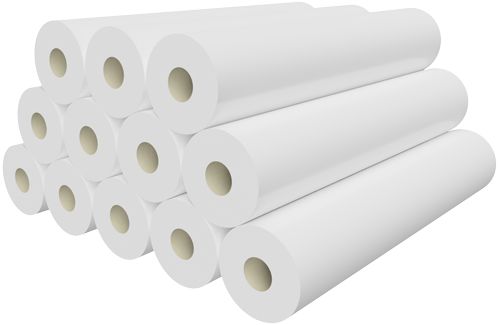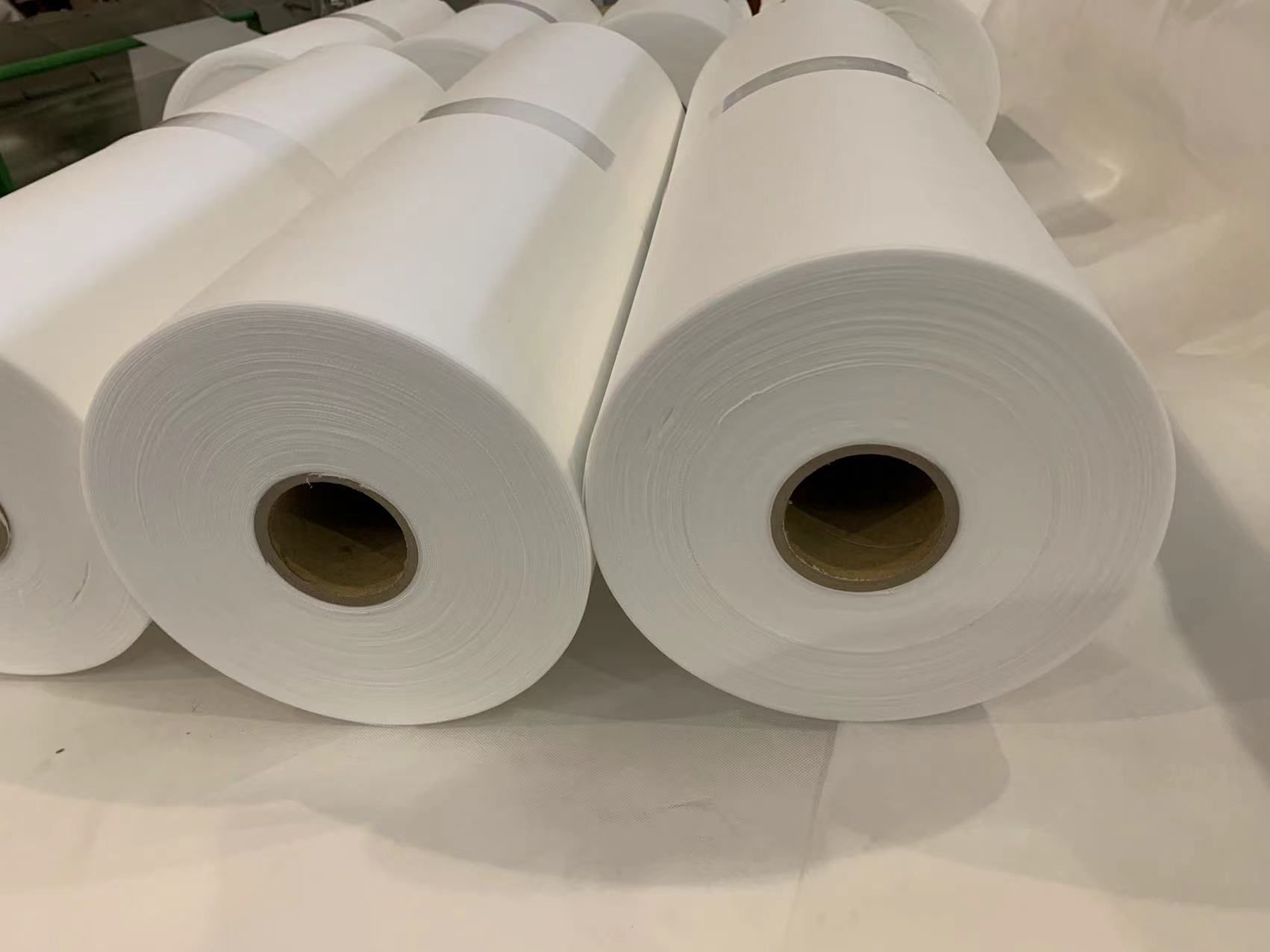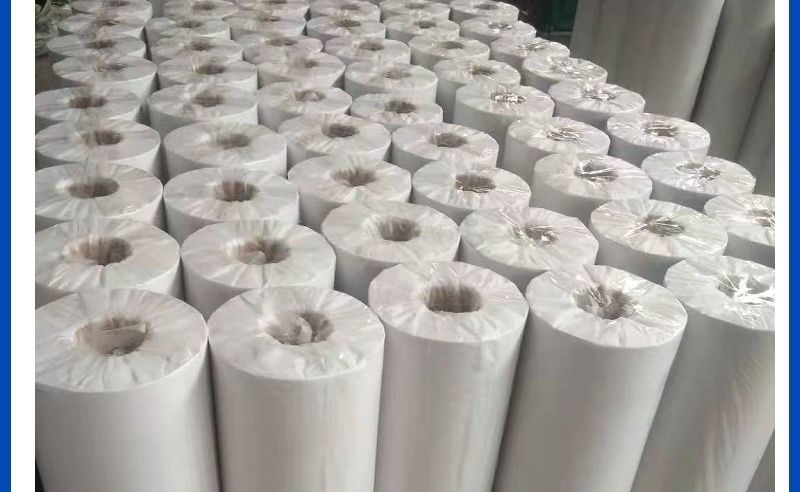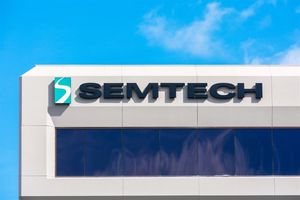When it comes to filter paper, many people may wonder how it is different from ordinary paper. Both materials have their specific uses and functions, and it is important to understand the differences between these two papers.

Filter media paper, as the name suggests, is designed for specific filtration tasks. It is manufactured with special technology and materials, which can effectively remove impurities in liquid or gas. Plain paper, on the other hand, is often used for writing, printing, or general everyday tasks.
One of the main differences between filter media paper and plain paper is their composition. Filter media paper is usually made of natural fibers such as cotton or cellulose and has excellent filtration properties. These fibers are specially treated to enhance their ability to capture particles, ensuring a high degree of filtration efficiency. Plain paper, on the other hand, is usually made from wood pulp with additives like bleach or dyes for aesthetic purposes.

There are also significant differences in the manufacturing process of filter media paper and plain paper. Filter media paper requires specialized machinery to create a porous structure that allows fluids to flow efficiently but blocks the passage of larger particles. The process involves bonding the fibers together using various methods including heat, resins or chemicals. In contrast, the process of plain paper is simpler, and the wood pulp is mechanically beaten into thin sheets.
The intended application and use also differentiate filter media papers from plain papers. Filter media paper is used in a wide variety of industries, such as automotive, pharmaceutical and environmental, where precise filtration is critical. It is used in applications such as oil filters, air filters, laboratory filtration and water purification. In contrast, plain paper is used in offices, schools, and homes for writing, printing, packaging, or artistic endeavors.

In short, the main difference between filter media paper and ordinary paper lies in its composition, manufacturing process and use. Using natural fibers and specialized manufacturing techniques, filter media papers are specifically designed to have excellent filtration capabilities. Plain paper, on the other hand, is more commonly used for writing or general purposes. Understanding these differences can help us realize the value and importance of filter media paper in various industrial applications.
Media Contact
Company Name: Shanghai 4New Control Co., Ltd.
Email: Send Email
Country: China
Website: https://www.4newcc.com/






